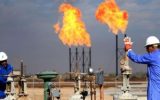
The Deputy Director of Operational Efficiency at the National Efficiency Organization of Iran, emphasizing the strategic role of the gas collection from flare stacks project in enhancing the efficiency of the country's energy supply chain, considered this project as one of the most important national projects and a driver efficiency.

The production manager of the National Oil and Gas Company of Southern Iran, explaining the latest production status and gas collection from associated petroleum gases, announced a significant reduction in gas flaring in recent years and favorable progress in comprehensive gas collection projects.
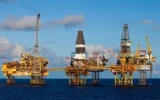
The South Pars enhancement project, with signed multi-billion dollar contracts, has yet to move beyond the stage of paperwork and studies.

The manager of the fifth South Pars refinery announced the implementation of extensive technical inspection programs, the improvement of safety indices, and practical support for domestic production at this refinery.
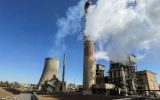
Forty million cubic meters of gas and 58 million liters of liquefied petroleum gas are delivered to power plants daily, and despite having 1.7 billion liters of fuel stored in tanks, the risk of winter power outages has decreased; however, the sustainability these conditions remains under assessment.

Gas consumption in residential, commercial, and industrial sectors reached 682 million cubic meters on the sixth day of Bahman.
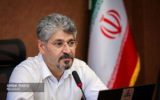
The CEO of Pars Oil and Gas Company, emphasizing the influential role of production statistics from the South Pars joint field in the country's macro-economic planning, appreciated the tireless efforts of the company's employees, particularly in the operations section, which has led to the of unprecedented gas production records this winter.

The country's national gas network, under the coordinated management of the Ministry of Petroleum and with targeted planning for increasing production and controlling gas balance, maintained its stability during the steady winter cold, registering a record 737 million cubic meters of gas consumption in residential and commercial sectors without any sustained pressure drop and continued to supply gas to residential across the country uninterruptedly.
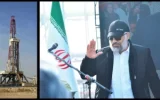
With the implementation of a series of technical and operational measures in the South Azaden project, oil production in the South Azaden field has increased by more than 63,000 barrels per day over the past 17 months.
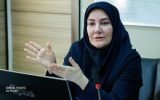
The Deputy for Management and Human Capital Development at the Ministry of Oil, emphasizing the need for a needs assessment of the housing sector for both active and retired employees covered by the Ministry of Oil's housing plan, stated: The process of forming the Ministry of Oil's cooperative has been completed.










